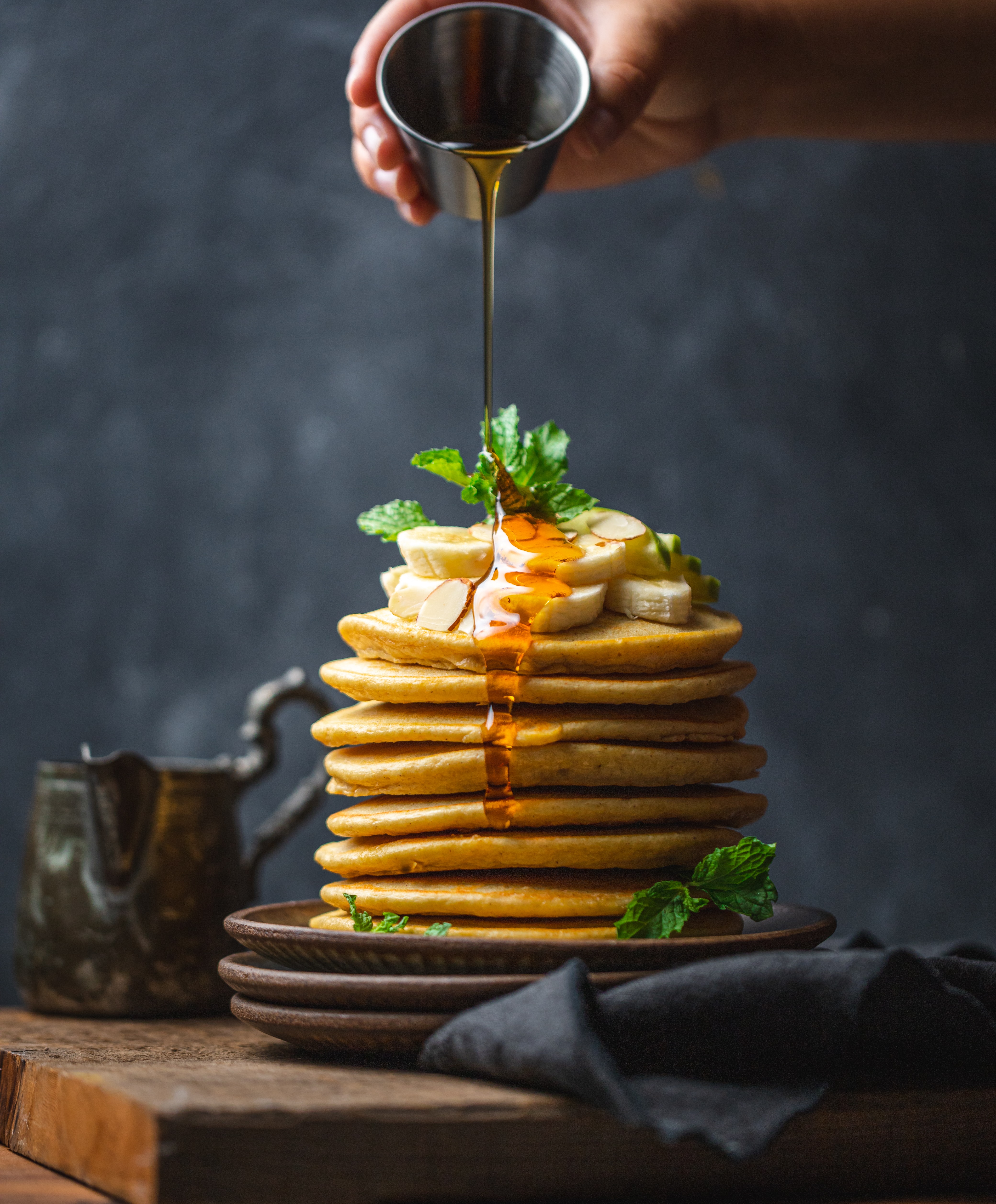Top 5 Physiological Causes of Anxiety (Pt1)
Are you searching for physiological causes of your anxiety or trying to find out if there is a physical cause for your anxiety? Does it seem like your anxiety is coming out of nowhere? In this article (and the one to follow) we will discuss five physiological causes for anxiety.
These are the five most common reasons that we see in our practice as physiologic causes for anxiety. We will discuss:
- The effect of hormones
- The role of digestion
- Biogenic amines
- The role of nutrition
- How addiction and substances of abuse play a role
All these can lead to anxiety. So if you are interested in learning more about these physiological causes of anxiety keep reading.
We will look at five physiological causes of anxiety. In doing this we want to find things that will move your anxiety set point lower anxiety. You want to have your threshold for having anxiety higher away from the set point, Basically where it takes more to trigger anxiety, if that makes sense. We all have our baseline mood where we feel good or ok and then once we go through the threshold and all of a sudden feel anxious. We are looking for the things that move you further away from that threshold so you can avoid those feelings.
Maybe your baseline for anxiety is very close to the threshold meaning you are prone to anxiety. Then you start to have some hormone imbalances or something else and it makes you even more prone to anxiety. So we are looking at physiological things that that will move you towards being more likely to be anxious or having an actual anxiety disorder.
Hormone Imbalance Is a Physiological Cause for Anxiety
The first one I want to talk about has to do with hormones. There was a previous article on this topic "Three Ways Hormones Cause Anxiety." In this article we discussed how elevated hormones, low hormones and some situations where imbalance can cause anxiety. Check that article out if you want a little more detail.
Here I wanted to point out that hormones are one of the main physiological causes for anxiety. For instance, some people get anxiety from high thyroid. This can occur from taking too much thyroid medication and then some people actually just make too much thyroid which is called hyperthyroidism.
High cortisol can also be a physical cause for anxiety. Some people just have a higher cortisol output and this makes them more prone to anxiety. This is actually quite common during times of higher stress. You don't necessarily need to have actual hypercortisolemia also known as Cushing's syndrome. Simply having higher cortisol output will make you more stressed independent of other factors.
Some of the sex hormones can also do this. Elevated testosterone and estrogen can move you toward higher cortisol output and anxiety. When it comes to the sex hormones certainly being deficient in estrogen or testosterone can make you more anxious too. In the deficient state it will make you more fatigued and a little sluggish. More so the high end when it comes to things like cortisol and thyroid will cause anxiety. Check out the article above for more details on that.
Biogenic Amines Are Also A Physiologic Cause For Anxiety
Another physiological cause of anxiety are biogenic amines. Biogenic amines are molecules also simple known as amines. These molecules have a strong biological activity inside your body and mainly inside the brain and central nervous system. These are compounds like dopamine, epinephrine, serotonin, norepinephrine, and histamine. These are all stimulating to your central nervous system and as a result varying levels of these molecules can lead to anxiety. When you have higher levels it can bring you closer to that anxious state. So what influences the levels of amines in your body and brain at any given time?
Part of this has to do with genetics, what kind of natural state your body is in, your personality and things like that. What we want to discuss is the similarities of all these molecules and how they might predispose you to having physiological anxiety. Below is an illustration of these different compounds so you can get a better grasp of this.
![Figure 6.13, [Synthesis of histamine and serotonin...]. - Neuroscience - NCBI Bookshelf](https://www.swintegrativemedicine.com/hs-fs/hubfs/Figure%206.13,%20%5BSynthesis%20of%20histamine%20and%20serotonin...%5D.%20-%20Neuroscience%20-%20NCBI%20Bookshelf.jpg?width=1275&name=Figure%206.13,%20%5BSynthesis%20of%20histamine%20and%20serotonin...%5D.%20-%20Neuroscience%20-%20NCBI%20Bookshelf.jpg)
You can see even in the names of these amines that there are similarities like dopamine and histamine. The others don't have that same structure in their name but the physical structure of the molecule are similar.
You can see the similarity between dopamine norepinephrine and epinephrine. They are all similar shape all very stimulating to the central nervous system. They all can cause someone to have more anxiety when there are more of them around. In the molecular structure you will notice the hydroxyl group (-OH molecule) on each is in a slightly different place on each. You can see the change in structure from dopamine and norepinephrine. We will discuss the breakdown below but I also wanted to look at the shape of the other molecules.
With serotonin and histamine there are similarities but a difference in the overall ring structure compared to dopamine and epinephrine. The difference from serotonin and histamine is an added ring. The amines overall have similarities in their shape. As a result there are similarities in how they are eliminated from your body.
Two enzymes that do the bulk of eliminating the amines are COMT and MAO (both A and B). Now there are multiple steps and variations for each amines to be completely eliminated from the body. It's not just a single step to get these changed and eliminated. Often times there are three, four and even five steps to get them completely changed and eliminated. Still MAO and the COMT are common denominators for the elimination of these molecules.
Both of these enzymes do have genetic variances in them. These variances can lead someone to have a higher amount of amines circulating in their body at any given time. When you have these genetic alteration leading to higher amines, simple thing can more easily push you into an anxious state.
Still if you do have an alteration in your COMT gene, it does not mean you will have anxiety. It does means you are more physiologically predisposed to getting anxious but it doesn't automatically mean you have anxiety. Sometimes you can have a problems with how much of these amines your body makes in addition to how you break them down and eliminate them.
There are other nutritional and genetic reasons that can influencing this too. So you can't always just assume that a genetic alteration in these enzymes will lead to an anxiety. Potentially even a bigger issue is with alterations in the receptors and how all of these molecules fit into the receptors, whether or not those receptors are working properly. This can have an even more dramatic effect on the whether or not you're feeling anxious or not. In the same way, higher levels of these molecules can influence your state of mind at any given time.
Clinically we do find it helpful to understand what genetic SNPs our patients have, so we can see what their predispositions are. With this understanding, we can optimize the breakdown process. Shifting their biochemistry in a favorable way away from anxiety can be very helpful for some people . In the next article in the series we will discuss the three other physiological causes of anxiety.
If you want a customized plan to find physiological cause for anxiety and reduce your tendency for anxiety, click on the link below to get started.




















